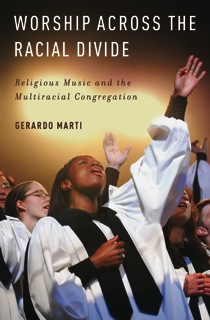
Today I picked off my shelf Ferdinand Schlingensiepen's Dietrich Bonhoeffer 1906-1945. Martyr, Thinker, Man of Resistance and another new book, The Word of the Lord Is Upon Me: The Righteous Performance of Martin Luther King, Jr., by sociologist Jonathan Reider.
It was only as I packed the books that I began to see the remarkable parallels between these two men.
These are two men brutally cut short in their lives; two men who struggled through the unique oppressions of their day; two men who had deeply faith-oriented lives that drove them to confront the ugliness in the world while keeping in step with their own sense of community and brotherhood.
Both appreciated education and preached with distinctive combination of intellect and passion. Both studied sociology and applied insights to their worldviews. Both admired people outside their immediate faith, especially Gandhi. Both men could be characterized as lovers with an array of relationships that connected them deeply to the people around them. Both were writers who left profound works which still occupy our thoughtful attention today.

And their greatness may lie in that both attended to the larger issues of the world, provoking new theological responses to changing circumstances because, well, neither of them could leave things as they were.
It might go without saying that this is not my first encounter with either man. They've commanded my attention off and on for well over 20 years. But the well of Martin Luther King Jr. and the well of Dietrich Bonheoffer are both deep. Writers, theologians, and everyday people are continuing to draw endless insight and inspiration from these two men. My studies and my questions continue to bring me back to them, again and again.
Tonight, as these new books allow me to reflect even more closely one to the other, perhaps the insights this time will be even more surprising. And also perhaps therefore tonight they will prove to be even more transformative.



 For my students this semester, reading is more "forced" on them -- I'm thinking of several of them who are no-doubt slogging through dozens and even hundreds of pages this Labor Day Weekend in preparation for next week's classes.
For my students this semester, reading is more "forced" on them -- I'm thinking of several of them who are no-doubt slogging through dozens and even hundreds of pages this Labor Day Weekend in preparation for next week's classes. 